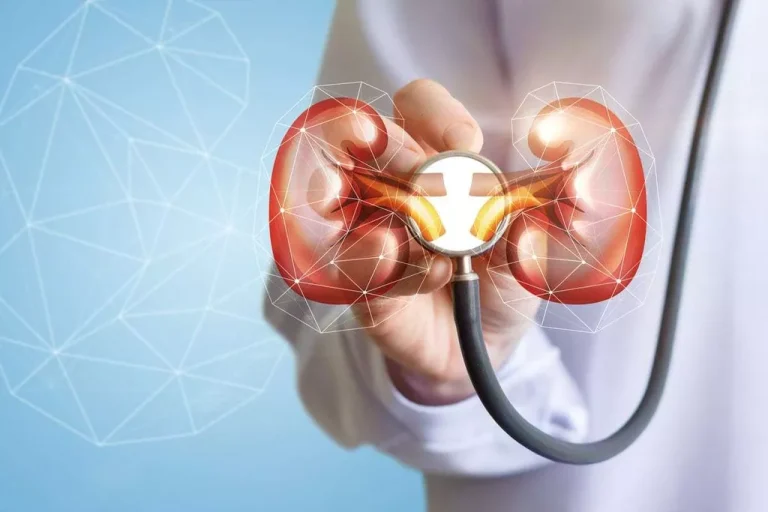Understanding Alcohol Use Disorder National Institute on Alcohol Abuse and Alcoholism NIAAA
Posted on December 8th, 2022 by admin in Sober living | No Comments »

While people with this condition may start drinking again, studies show that with treatment, most people are able to reduce how much they drink or stop drinking entirely. While drinking alcohol may be an enjoyable way to spend time with others, feeling like you or a loved one can’t stop or cut down on alcohol use can be an alarming experience. If you’re concerned about your drinking habits, it may be beneficial to have a conversation with a health care professional and discuss ways to avoid (or manage) a physical or psychological dependence. Another option could be to seek counseling, where you or a loved one could explore the relationship with alcohol and learn about alternative coping mechanisms.
- Along with the weight disparities that allow higher alcohol use for men, the differences in the makeup of women’s bodies work against them when consuming alcohol.
- Lastly, you may start to develop a tolerance for alcohol but may not notice it yet.
- Brain structures can shift as well, particularly in the frontal lobes, which are key for planning, making decisions, and regulating emotions.
- Physical dependence is when the body adapts to a substance’s presence.
Behaviors linked to addiction
- Alcohol misuse refers to single episodes during which you might drink excessively.
- Listen to relatives, friends or co-workers when they ask you to examine your drinking habits or to seek help.
- Consider talking with someone who has had a problem with drinking but has stopped.
- Your personality traits — for instance, how secure you feel about yourself or whether you’re prone to acting on impulse — can also play a part.
Mild symptoms usually start within 6 hours after you stop drinking as much alcohol as your body has become used to. That’s because a lot of people with AUD don’t want to quit drinking or find it really hard to stay sober. You might even avoid seeking treatment or admitting that you have why is alcohol addictive an issue because of that. Being around others 24-7 who share your goal to quit drinking may make recovery easier for you. You could also benefit from daily check-ins with a nurse, doctor, and therapist. Your doctor can help you find an in-person treatment program that’s right for you.
Alcohol Use Disorder Treatment
This is when a person depends on a substance or behavior emotionally, such as when stressed. However, other forms of drug dependence can cause significant withdrawal symptoms. For some https://ecosoberhouse.com/ substances, such as alcohol, suddenly stopping it can be dangerous. In these cases, treatment involves gradually tapering off the drug over a set period to reduce withdrawal effects.

Alcohol Use Disorder Causes

These changes can compromise brain function and drive the transition from controlled, occasional use to chronic misuse, which can be difficult to control. The changes can endure long after a person stops consuming alcohol, and can contribute to relapse in drinking. Alcohol addiction, also known as alcoholism, is a disease that affects people of all walks of life.
Alcohol Use Disorder Stages

- To do that, they can set boundaries around their emotional, physical, and financial relationship, for example that the house will remain an alcohol-free zone.
- Many people with AUD do recover, but setbacks are common among people in treatment.
- Repeating the same action until it becomes an automatic response forms habitual behaviors.
- Treatment can be outpatient and/or inpatient and be provided by specialty programs, therapists, and health care providers.
What are the symptoms of alcoholism?





